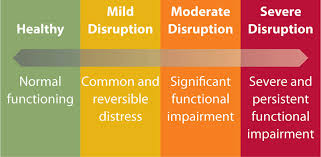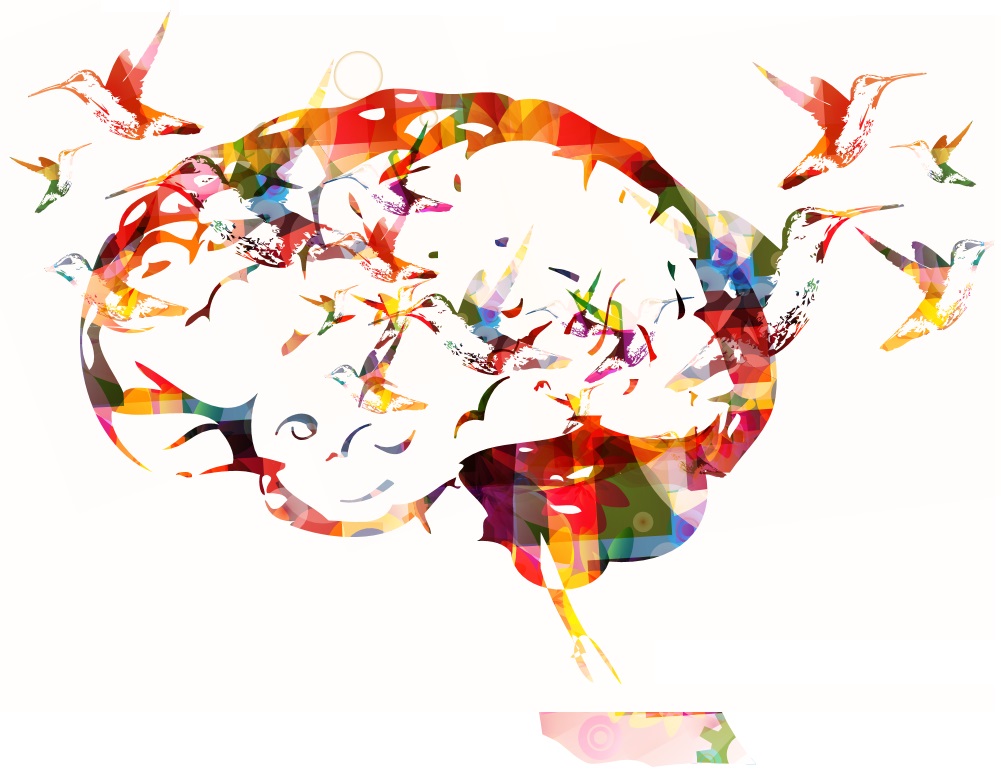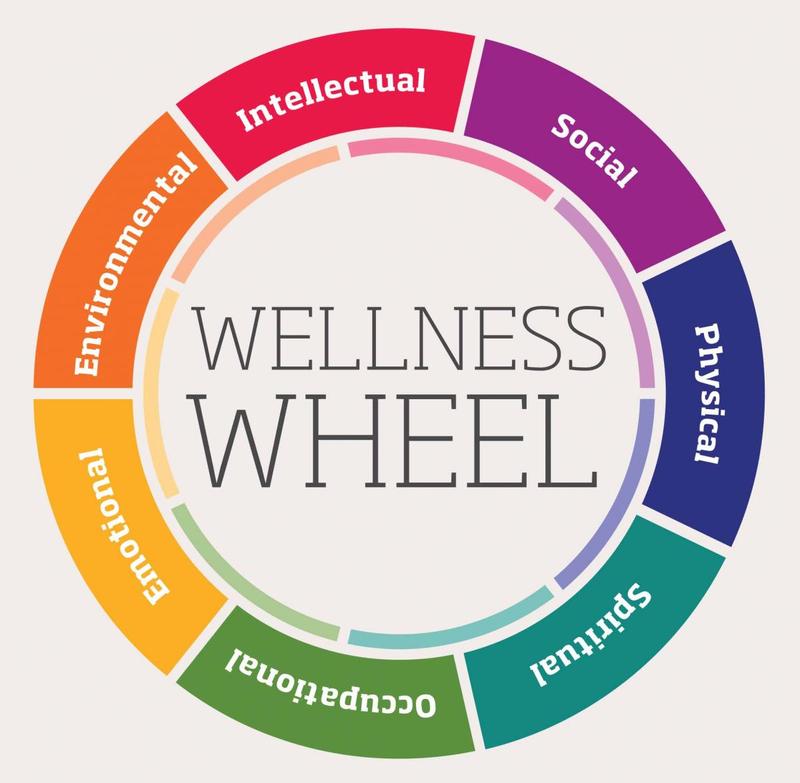Think Children Cannot Suffer From Mental Illnesses? Here Are 10 Mental Health Myths Busted!
It is often seen that mental health and mental illnesses are not understood correctly. There are a lot of myths that surround mental health and thus lead to the widely seen stigmatised approach.

Mental health and mental illnesses are two different concepts.
Mental health can be understood simply as the emotional and psychological well-being of an individual. Sound mental health enables an individual to live happily, be productive, form relationships with other people, take responsibility for their lives, and contribute to the society and nation at large.
Thus, it is essential to understand that mental health is not just the absence of illness but an overall state of well-being. Mental illnesses, on the other hand, are health conditions involving changes in thinking, emotion or behaviour (or a combination of these). Mental illnesses are associated with distress and/or problems functioning in social, professional or family activities.
Mental health is a subjective phenomenon and an individualised experience, different for every person. A state of mental well-being for one individual may not be the same for another individual. Factors that may induce mental well-being for individuals will also differ. The state of being sound at a mental level can vary within a day and from day to day. There can be an incident that may boost or degrade a person’s mental health on a daily basis.
Thus, mental well-being is a daily affair.

Mental health is often seen to be on a continuum, where the scale starts from mental well-being on one end to emotional problems and concerns in the middle to mental illnesses at the other extreme.
It is often seen that mental health and mental illnesses are not understood correctly. There are a lot of myths that surround mental health and thus lead to the widely seen stigmatised approach. Let’s take a while to debunk the myths and understand the actual facts about mental health:
Myth #1: Mental illnesses are not real illnesses.
Fact: Mental illnesses are not the regular ups and downs of life. Mental illnesses create distress, don’t go away on their own and are real health problems. When someone is physically injured, they see a doctor. Similarly, mental health problems also require seeing a mental health professional- psychologist/counsellor/psychiatrist.
Myth #2: “Mental illnesses will never affect me.”
Fact: All of us can be affected by mental illnesses. Researchers estimate that as many as one in four Indians will experience a mental illness at some point in their life. You may not experience a mental illness yourself, but it’s very likely that a family member, friend or co-worker will experience challenges.
Myth #3: Mental illnesses are just an excuse for poor behaviour.
Fact: It’s true that some people who experience mental illnesses may act in ways that are unexpected or seem strange to others. We need to remember that the illness, not the person, is behind this behaviour. People who experience a change in their behaviour due to a mental illness may feel extremely embarrassed or ashamed around others. It is important to understand that people with a mental illness are one of us.
Myth #4: Stress causes mental illnesses.
Fact: No one factor can cause mental illnesses as these are complicated conditions that arise from a combination of genetics, biology, environment, and psycho-social factors. Stress may aggravate the mental or physical state of the problem for an individual but it is never the sole problem of an illness.
Myth #5: People with mental illnesses are violent and dangerous.
Fact: People who experience a mental illness are no more violent than people without a mental illness. It’s also important to note that people who experience mental illnesses are much more likely to be victims of violence than to be violent. Excluding them from society because they are violent is because of a misunderstanding and stigmatic approach to mental health.
Myth #6: People don’t recover from mental illnesses.
Fact: People can and do recover from mental illnesses. Today, there are many different kinds of treatments, services, and support programmes available that can help. Effective treatment for mental illnesses is available. Identifying the illness at an earlier stage is way more effective and allows an individual to return to normal day-to-day functioning. We must take care to seek help as early as possible.
Myth #7: People who experience mental illnesses are weak have a character flaw.

Fact: Stress impacts well-being, but this is true for everyone. Many people who experience mental illnesses learn skills like stress management and problem-solving so that they can remain optimally functional. Taking care of yourself and asking for help when you need it are signs of strength, not weakness. Mental illnesses don’t determine the character of a person. Mental illnesses are like other ailments and can be managed.
Myth #8: People who experience mental illnesses cannot go to work or follow a regular lifestyle.
Fact: Mental illnesses do not certify that someone is no longer capable of working. Most people who experience serious mental illnesses want to work but face systemic barriers to finding and keeping meaningful employment. Medical or therapeutic help can allow them to resume work and a manageable lifestyle.
Myth #9: Children cannot have mental illnesses. Those are adult problems.
Fact: Even children can experience mental illnesses. In fact, many mental illnesses first appear when a person is young. Mental illnesses may look different in children than in adults, but they are a real concern at a younger age as well. Unfortunately, many children don’t receive the help they need. It is important to remember that illnesses can occur and be diagnosed as early as 6-8 months of age.
Myth #10: Everyone gets depressed as they grow older. It’s just part of the ageing process.
Fact: Depression is not a necessary part of ageing. Older adults may have a greater risk of depression because they experience so many changes in roles and social networks. If an older adult experiences depression, they need the same support as anyone else.
*Taken from the Mental Health Training Manual of The MINDS Foundation (Vadodara, Gujarat)
Being mentally healthy is not about being perfect. Nor is it about being extraordinarily intelligent or successful or rich. Mental health is irrespective of these factors. These factors may influence the mental health of an individual but they are not a cause nor do they determine the state of an individual’s mental health. We all can suffer from mental health problems and we all can attain better mental health. For someone who takes care of their mental health regularly, they can also develop a syndrome and that syndrome is recognised as Mentally Healthy Happy Person Syndrome!
Here is how you tell if someone has Mentally Healthy Happy Person Syndrome (HaPS):

- They are able to enjoy their day-to-day work.
- They have a fundamental orientation of what is real rather than ideal.
- They can accept criticism, evaluate, and work towards betterment.
- They engage in proactive problem solving versus letting issues fester.
- They can demonstrate emotional regulation skills, never denying or suppressing emotions but accepting them as they are.
- They can understand the emotions and feelings of others and can empathise well.
- They have the capacity to have a presence of mind during difficult experiences and work through them slowly over time.
- They experience being more alive, more engaged, and free of inhibitions.
- They have the capacity to embrace conflicting aspects of oneself and of others.
- They may be lazy at times but don’t make procrastination a habit.
- They maintain self-identity constancy with appropriate flexibility according to the social context.
- They are rooted in a sense of deeper security with oneself and with others, experienced as the feeling of being more whole.
- They can manage the demands of the surrounding and adapt accordingly.
- They can establish intimate relationships with people at home, work and otherwise.
- They accept others the way they are.
Note: These capacities are never developed fully nor are they ever ideal; as human beings, we are always a work in progress. So we must keep working towards them. It is okay and normal to have the difficult and bad days in life. We learn from them too and that is the reason why we can appreciate the better and happier days more (because we have experienced the other side of it).
Written by Pragya Lodha, Associate Programme Developer at The MINDS Foundation (Vadodara, Gujarat)
Like this story? Or have something to share?
Write to us: [email protected]
Connect with us on Facebook and Twitter.
NEW: Click here to get positive news on WhatsApp!
This story made me
- 97
- 121
- 89
- 167
Tell Us More
We bring stories straight from the heart of India, to inspire millions and create a wave of impact. Our positive movement is growing bigger everyday, and we would love for you to join it.
Please contribute whatever you can, every little penny helps our team in bringing you more stories that support dreams and spread hope.



















